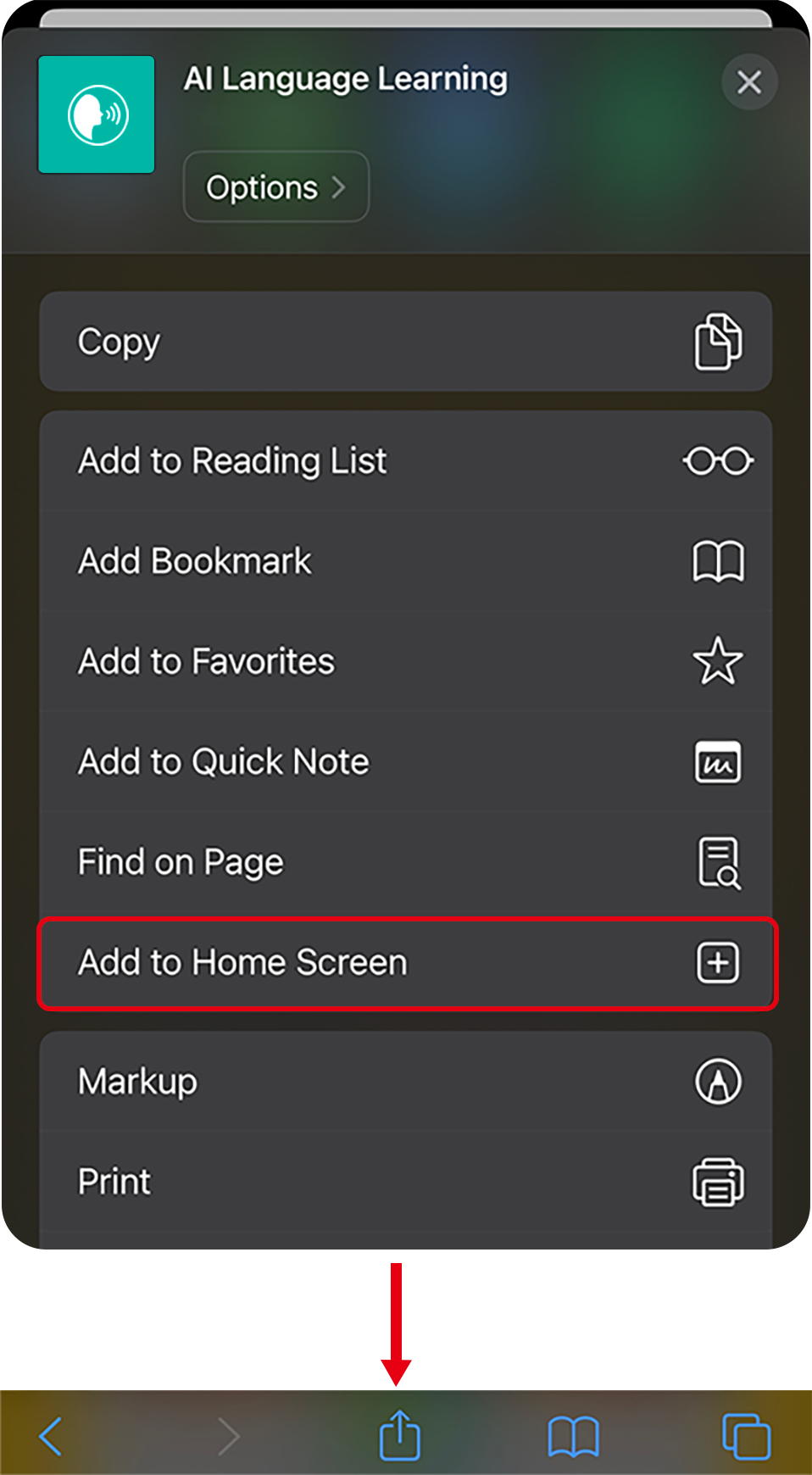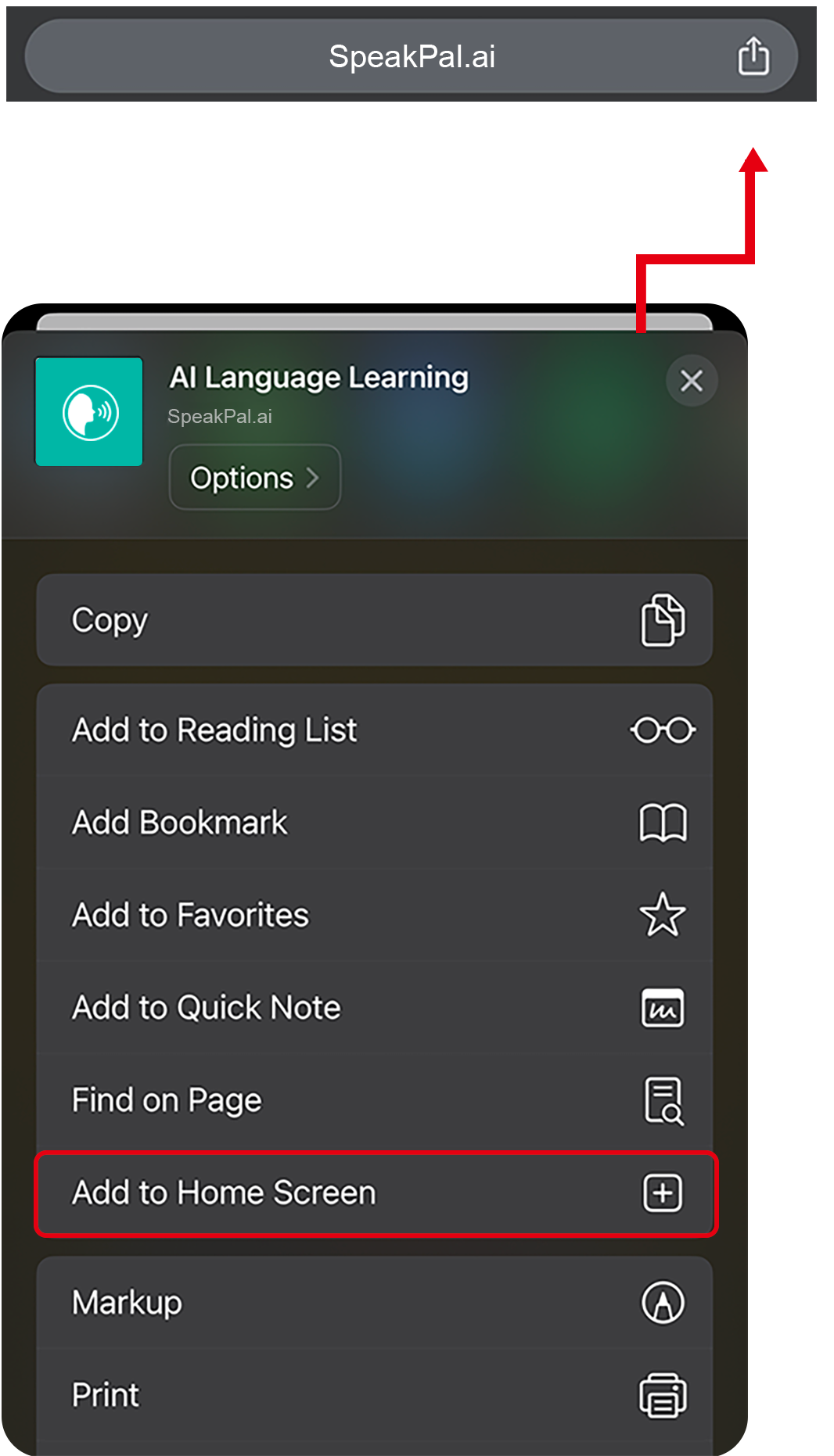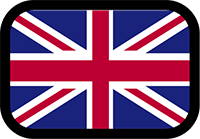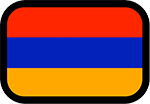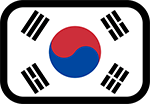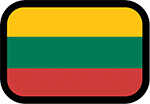Speak Japanese With AI

Japanese, a fascinating language rich in culture and history, opens doors to a vibrant world. Whether you're drawn to anime, planning a trip to Japan, or seeking business opportunities, mastering Japanese is a valuable asset. SpeakPal, as an AI Language Tutor, offers personalized lessons, interactive quizzes, and grammar guides tailored for all levels of proficiency. Dive into this captivating language and let SpeakPal guide you on your journey to fluency.
AI Language Learning: Examples of Japanese Grammar

(Adjectives): 速い, 小さい, 美しい
1.“その犬は速いです。” (The dog is fast.)
2.“これは美しい本です。” (This is a beautiful book.)
(Adverbs): 速く, 静かに, たびたび
1.“彼女は速く走ります。” (She runs quickly.)
2.“彼は静かに話します。” (He speaks quietly.)
(Conjunctions): そして, でも, または
1.“私は本を読みます、そしてテレビを見ます。” (I read a book, and then I watch TV.)
2.“彼は来ます、でも彼女は来ません。” (He will come, but she will not.)
(Expressions): おはよう, ありがとう, すみません
1.“おはよう、いい天気ですね。” (Good morning, it’s nice weather.)
2.“ありがとう、あなたの助けがとても役立ちました。” (Thank you, your help was very useful.)
(Honorifics): さん, 様, 君
1.“田中さん、こんにちは。” (Hello, Mr./Ms. Tanaka.)
2.“これは田中様への手紙です。” (This is a letter to Mr./Ms. Tanaka.)
(Nouns): 犬, 街, 本
1.“その犬はとても大きいです。” (That dog is very big.)
2.“私は大きな街に住んでいます。” (I live in a big city.)
(Numbers): 一, 二, 三
1.“私には一つのリンゴがあります。” (I have one apple.)
2.“彼には三つの本があります。” (He has three books.)
(Particles): は, を, に
1.“私は本を読みます。” (I read a book.)
2.“彼は公園に行きます。” (He goes to the park.)
(Prepositions): 上, 下, 前
1.“本はテーブルの上にあります。” (The book is on the table.)
2.“犬はテーブルの下にいます。” (The dog is under the table.)
(Pronouns): 私, 彼, 彼女
1.“私はあなたの友達です。” (I am your friend.)
2.“彼は公園で遊んでいます。” (He is playing in the park.)
(Sentence Structure): 私は食べる, 彼は走る, 私たちは考える
1.“私はリンゴを食べる。” (I eat an apple.)
2.“私たちはあなたのことを考える。” (We think about you.)
(Tenses): 食べる, 食べた, 食べるだろう
1.“彼は毎日リンゴを食べる。” (He eats an apple every day.)
2.“彼は明日リンゴを食べるだろう。” (He will eat an apple tomorrow.)
(Verb Conjugation): 食べます, 食べている, 食べられる
1.“私は今、リンゴを食べています。” (I am eating an apple now.)
2.“リンゴは簡単に食べられます。” (An apple can be eaten easily.)
(Verbs): 走る, 見る, 来る
1.“私たちは今走るべきです。” (We should run now.)
2.“あなたはこれを見ることができますか?” (Can you see this?)
Learn Japanese Tongue Twisters and Master Grammar

1.生麦生米生卵
Translate: Raw wheat, raw rice, raw eggs
2.隣の客はよく柿食う客だ
Translate: The neighbor's customer eats persimmons often
3.赤巻紙青巻紙黄巻紙
Translate: Red rolled paper, blue rolled paper, yellow rolled paper
4.坊主が屏風に上手に坊主の絵を描いた
Translate: The monk skillfully drew a picture of a monk on the folding screen
5.この釘は引き抜きにくい釘だ
Translate: This nail is hard to pull out
6. バスガス爆発
Translate: The bus gas explosion
7.裏庭には二羽鶏がいる
Translate: There are two chickens in the backyard
8.生鰹生姜にしよう
Translate: Let's have raw bonito with ginger
9.庭には二羽鶏がいる
Translate: There are two chickens in the garden
10.東京特許許可局
Translate: Tokyo Patent Office
11.新春シャンソンショー
Translate: New Year's chanson show
12.竹垣に竹立てかけた
Translate: Leaned a bamboo against a bamboo fence
13.赤パジャマ黄パジャマ青パジャマ
Translate: Red pajamas, yellow pajamas, blue pajamas
14.カエルぴょこぴょこ三ぴょこぴょこ
Translate: Frogs hop, three hops
15.向こうのごまはええごまか悪いごまか
Translate: Are the sesame seeds over there good or bad?
17. 青巻紙赤巻紙黄巻紙
Translate: Blue rolled paper, red rolled paper, yellow rolled paper
18.この寿司は少し酢がききすぎた
Translate: This sushi is a bit too vinegary
Learn Japanese >
SpeakPal Home >
Try Speak Pal >
1
Tap
2
Tap Add to Home Screen
